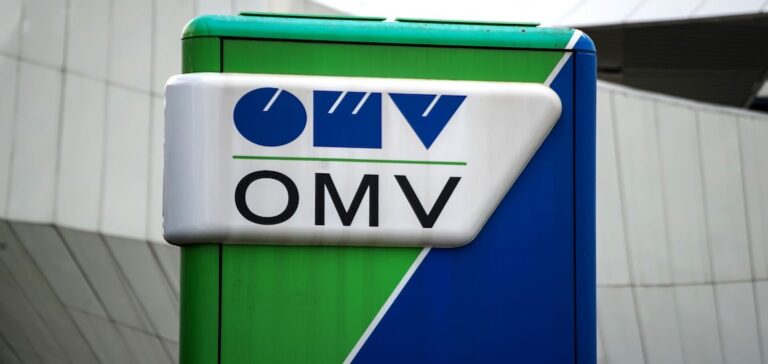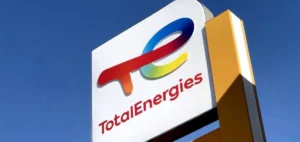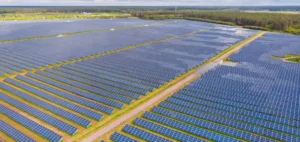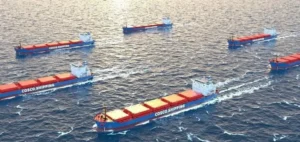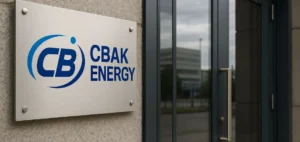Austrian oil and gas group OMV, whose quarterly profits plummeted on the back of falling prices, announced on Friday “the largest gas discovery in Austria for 40 years” in the hope of limiting its dependence on Russia.
Diversification and new exploration: OMV seeks to strengthen its sources of supply despite falling profits
On the occasion of the publication of its results, the company reported on the exploration of a deposit located in Lower Austria, east of Vienna, after five months of work. Drilled to a depth of 5,000 metres, it is estimated to contain 28 million barrels of oil equivalent (Mboe), and would eventually “increase local production by 50%”, according to a press release.
Historically linked to Russian state giant Gazprom, OMV has been trying to multiply its sources of supply since the invasion of Ukraine, but continues to source from Russia. In the second quarter, it bought an average of 4.9 terawatt-hours (TWh) of natural gas each month, “on the basis of long-term delivery contracts”.
This diversification also includes Friday’s announcement of an agreement with the UK’s BP for the supply of liquefied natural gas (LNG) – up to 1 million tonnes per year for ten years from 2026. In the second quarter, OMV posted a net profit down 80% year-on-year to 380 million euros, having previously benefited from the war-related surge in hydrocarbon prices.
Lower operating profit and cautious forecasts: OMV faces challenges in an uncertain economic climate
Operating income excluding exceptional items and inventories (CSS), which was closely watched by analysts, fell by €1.18 billion (-60%), due to “a lower contribution from all portfolio activities”.
The Austrian group says it is keeping a watchful eye on “rising interest rates”, which could lead to a “deterioration in growth”. For 2023, OMV expects the average price of a barrel of crude to fall to between $75 and $80.
In the Chemicals division, the slowdown in the sector weighed on the Group, which had long benefited from the consolidation in its accounts of the subsidiary Boréalis, a major player in fertilizer production.
Integrated from production to distribution, 31.5% owned by the Austrian state, OMV has stabilized its payroll over the past year at around 22,300 people worldwide. It employed 37,700 in 2010.

